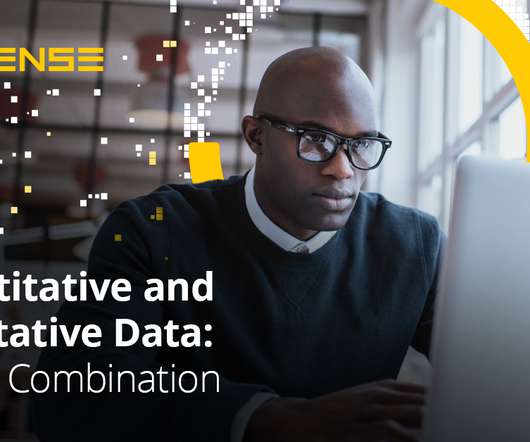Get Ready For These Six 2020 Business Intelligence Trends
Smart Data Collective
NOVEMBER 25, 2019
More and more often, businesses are using data to drive their decisions — which makes cutting-edge analytics and business intelligence strategies one of the best advantages a company can have. New Avenues of Data Discovery. Natural Language Processing and Report Generation.














Let's personalize your content